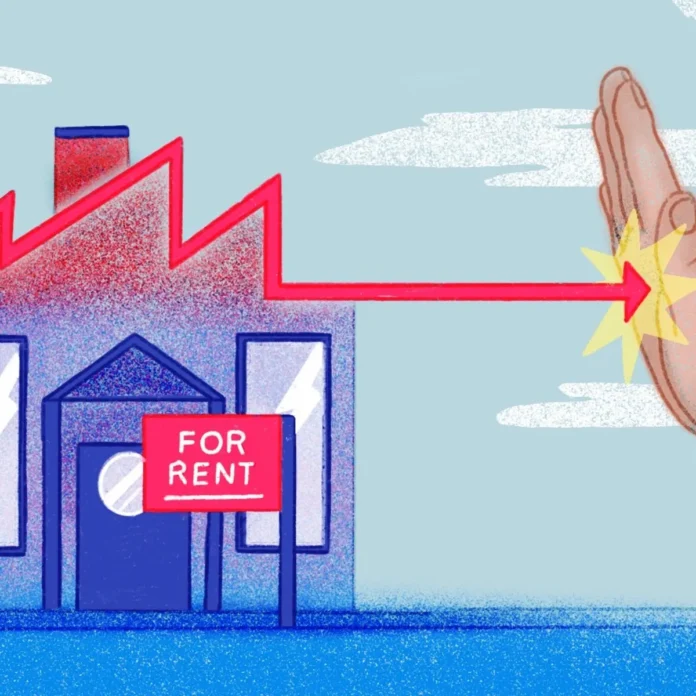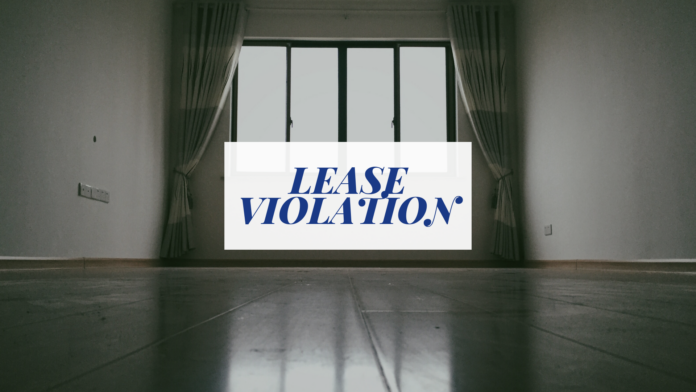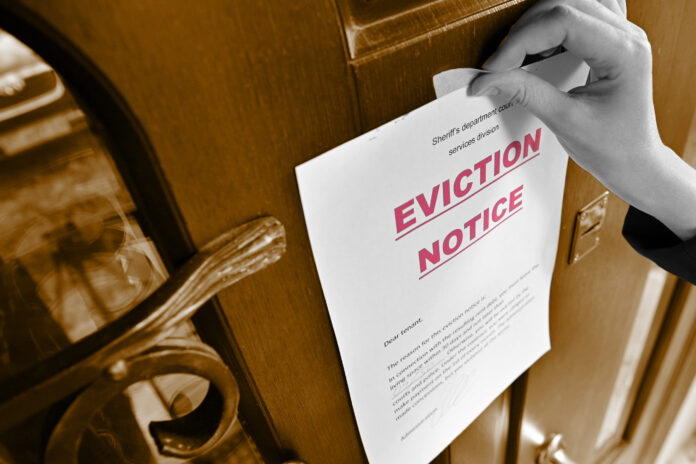As a landlord in Tennessee, you are responsible for the sustainability and success of your rental business. One of the most important steps that you can take in ensuring that your business is running effectively is to be responsible and compliant with the property management laws in your state.
The real estate business is regulated on both the federal and state levels, and this article is designed to make you aware of some of the most important aspects of Tennessee landlord tenant laws that are most likely to have an impact on the way you run your business.
There is No Rent Control in Tennessee

There is no regulation on how much landlords can charge their tenants for rent in Tennessee. Theoretically, you can charge any amount that you wish, but it is always best practice to be aware of some of the pricing trends in your area so that your price is competitive and not an outlier.
Criminal Background Checks Can Be Used During Tenant Screening
There is no Tennessee law that prohibits landlords from running criminal background checks on applicants and considering their results during the tenant screening process.
If you choose to run Tennessee background checks, you should follow the guidelines of the US Department of Housing and Urban Development (HUD) and avoid any blanket policies regarding the existence of criminal records. Applicants should be considered individually, and you should only seriously consider results that either compromise the tenant’s ability to follow the terms of your lease agreement or pose a potential threat to the safety of others.
Late Fees Can Only Be up to 10% of the Rent Cost

Though rent prices themselves are not regulated in Tennessee, the amount that you can charge tenants for late or missing rent is regulated in relation to the rental rate. Late fees in the state can only be up to 10% of the rent cost that the tenant is missing.
For instance, if you charge the statewide median of $1,860 for monthly rent, the maximum amount that you would be able to charge for a late fee would be $186.
It is also important to know that Tennessee state law requires landlords to give their tenants at least a five-day grace period. This means that for five days after the rent due date has passed, a tenant can submit their payment without the penalty of late fees.
Landlords Must Issue a Rent Demand Notice Before Filing for Eviction
Let’s say that, despite the late fees, a tenant still does not submit their rent payment. Eviction laws in Tennessee require you to issue a rent demand notice to your tenant. This rent demand notice must give the tenant a minimum of fourteen days to submit their rent. If they do, you are unable to file for eviction on those grounds.
You should know that this fourteen-day period must not overlap with the five-day grace period you are required to provide. In all, at least nineteen days should pass from the rent collection date before you can file for eviction due to late or missing payments.
You Must Provide Fourteen Days to Cure or Quit for Other Lease Violations

The law regarding other lease violation consequences is similar to that of late or missing rent. In such cases, you are also required to give tenants a minimum of fourteen days to satisfactorily resolve the issue. If they do so, you cannot file on those grounds.
For any criminal activity on the property, particularly violent crime, you would issue an unconditional notice to quit, which gives the tenant a minimum of three days to vacate the property without an opportunity to cure the breach.
Tenant Rights in Tennessee: Protect your rights as a renter Section
“Tennessee Rights in Tennessee,” describes the legal protections and rights available to renters in the state. Tennessee’s landlord-tenant laws are intended to create a fair and sustainable rental environment by providing tenants with safe, livable housing and equal treatment from landlords.
One of the most important aspects of tenants’ rights in Tennessee is the obligation of landlords to maintain rental properties in a habitable condition. This means that essential services such as plumbing, heating and electricity must work. Tenants have the right to expect a safe and livable space.
There is also the question of the right to privacy, since owners are obliged to notify tenants before entering the rental premises, except in emergencies, while respecting the tenants’ needs for a quiet and private living environment.
This comprehensive guide provides Tennessee renters with the knowledge and awareness they need to confidently navigate the rental market and promote harmonious landlord-tenant relationships while protecting their right to safe, livable housing.
Legal Tenant Eviction in Tennessee

Tennessee Lawful Tenant Eviction Act provides landlords with a clear roadmap for the often complex process of removing a tenant from a rental property while providing full compliance with the state’s legal requirements.
This guide first emphasizes the importance of carefully following Tennessee-specific eviction procedures. Highlights the need for adequate notice to tenants and compliance with mandated waiting periods.
Readers will find a detailed description of the eviction process, from identifying valid grounds for eviction to filing the necessary legal documents with the court.The guide also looks at potential difficulties that landlords may encounter during eviction proceedings and provides practical advice on how these can be resolved within the law.
By the end of this guide, landlords will be fully aware of their rights and responsibilities related to evictions in Tennessee. It provides them with the knowledge they need to protect their interests while respecting the state’s legal framework, ensuring a fair and lawful eviction process.
Conclusion
To protect your investments and avoid legal trouble, you should always stay on top of the property management laws in your area. Hopefully this article has given you a good foundation to make educated and compliant business decisions in the future for your Tennessee properties.









